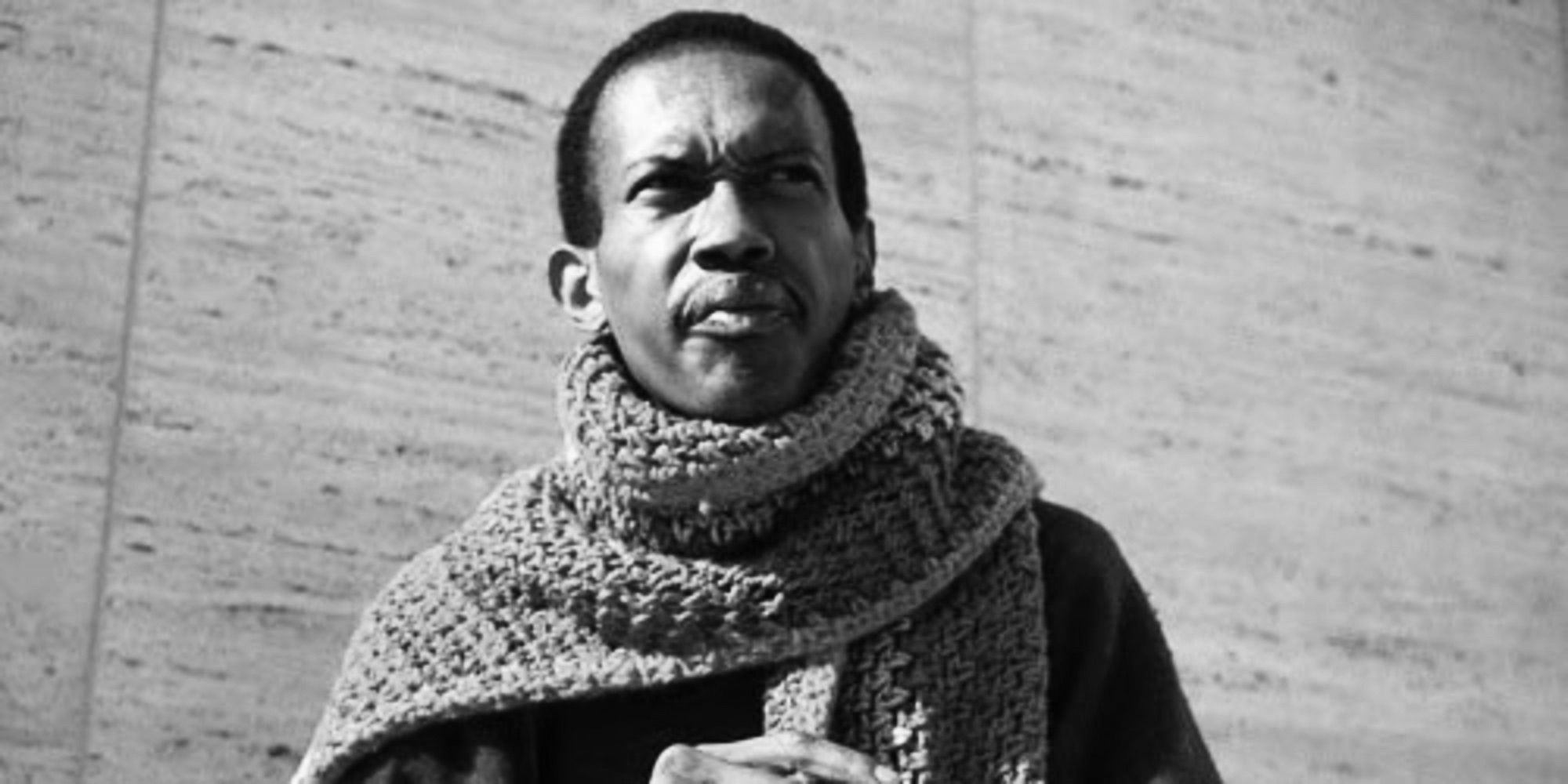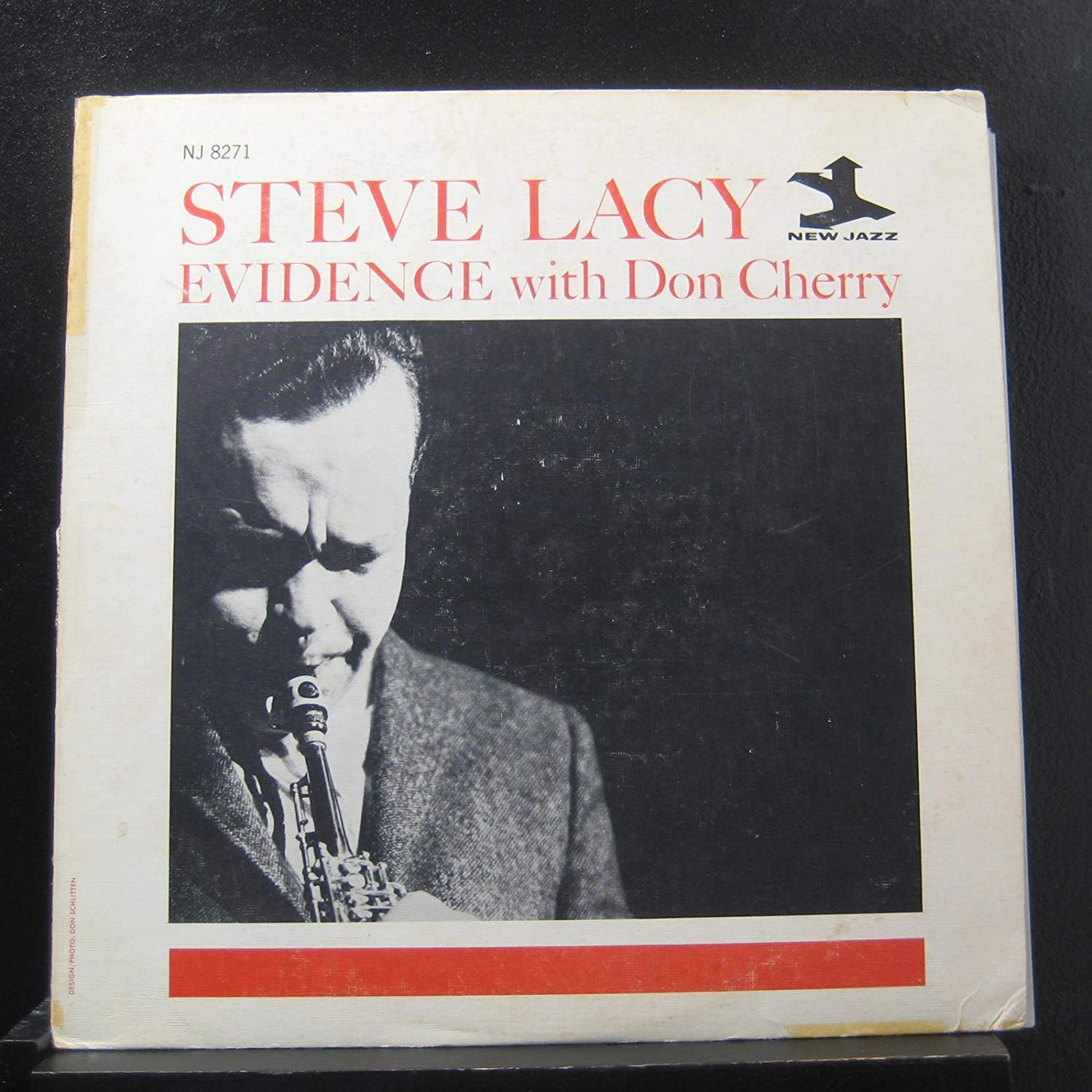Lessons from Don Cherry

Miles and Wynton both agree… Don Cherry is important.
“Don Cherry, I like…” – Miles Davis
by Leonard Feather, Down Beat Volume 58 No. 12
first published by Down Beat, June 1964
“I loved Don Cherry.” – Wynton Marsalis
interviewed by Will Layman for Pop Matters, April 2016
As a young student of the trumpet, my sound reference was probably the same as most: Miles Davis, Freddie Hubbard, Clifford Brown, Lee Morgan, etc. Long before I understood anything about theory, harmony, and history – the sound and feel of these masters were ingrained in my head. In college, as I discovered more and more music and got deeper and deeper into studying, eventually I came across Ornette Coleman, and thusly, Don Cherry. I did not understand Don Cherry.
To my uninitiated ears, he sounded sloppy, lazy, amateurish even. All I could hear were the missed notes, the blurred phrasing, the out-of-tune pocket trumpet, limited range… I didn’t get it. Cherry was the butt of the joke even, kind of a jab, amongst musicians on the scene – inferring he was someone who “couldn’t play”. Man, was I way off.
The first time I truly appreciated Don Cherry was upon listening to the 1960 Ornette Coleman record “Change of the Century” on Atlantic Records. A particular favorite tune of mine was “Ramblin'” – oddly enough (and an embarrassing discovery) I thought Ramblin’ was a David Sanborn tune. Sanborn recorded a funk version of it on 1992’s “Upfront”, in Eb rather than the original Ornette key of D (presumably much easier on the alto in the transposed key of C than B!). I first realized upon really listening to Change of the Century, indeed, Cherry “could play”. Upon deeper listening, tunes like “Ramblin'”, “Bird Food”, “Una Muy Bonita”, and “Free” had all the swing, blues, soul and sophistication of bebop while at the same time allowing the space, harmonic freedom and creativity that fit Ornette’s musical concept.

Another important discovery for me was the 1962 Sonny Rollins album “Our Man in Jazz” at the recommendation of a friend (Barry Velleman, I’m looking at you). On “Our Man in Jazz” it is evident that Rollins is intrigued by Ornette’s innovations of the early 60’s so much that he hires Cherry and Billy Higgins. It is a live “standards” record, but certainly Rollins is exploring a new improvisatory vocabulary clearly outside the bebop dialect of his recordings to date. Rollins takes long, wildly intervallic, and rhythmically free solos. Contrastingly, Cherry’s solos are all extremely melodic, and succinct – each a masterclass in economy and melody. It is almost funny how surprisingly “inside” his solos are. It is clear on this record that Cherry’s early influences of Fats Navarro and Clifford Brown are as much a part of his identity as Ornette Coleman and Cecil Taylor.

When I started a “deep dive” into Thelonious Monk’s music several years ago, part of my study was to check as many other artists who dug into Monk as well. One particular record that became a fast favorite was Steve Lacy’s 1962 recording of Monk compositions, “Evidence”. Any questions of Cherry’s musicianship are utterly destroyed here as he tackles such gnarly Monk melodies as “Who Knows” and “Evidence” with ease, as well as improvising flawlessly on Monk’s music with no piano-as-crutch to rely on.
“On this date, he employs the equally impressive Don Cherry on trumpet, who was playing with the Ornette Coleman quartet at the time, drummer Billy Higgins, who played with both Coleman and Monk, and bassist Carl Brown. Cherry proved capable of playing outside the jagged lines he formulated with Coleman, being just as complementary and exciting in Monk’s arena with Lacy.”Al Campbell, for Allmusic

As of the early 60’s Cherry was really just beginning what would be a long and diverse career that I am still just starting to uncover. The musics of West Africa, India, Turkey, Jamaica, Europe, became a part of Cherry’s musical being after the late 60s. Albums such as “Hear and Now” and “Organic Music Society” truly push the boundaries of genre, and knock down the walls of musical style and ethnicity in general.
Lessons from Don Cherry:
–
Fats Navarro is “…the only trumpet player I cared to copy my phrases from.”
liner notes to Ornette Coleman’s Tomorrow is the Question – Contemporary Records, 1959
–
“In the harmolodic concept, you’re reaching to the point to make every note sound like the tonic…”
Don Cherry, from a lecture delivered in Ann Arbor, MI – March 28, 1980
–
“Well for one thing, its that its actually not my music, because it’s a culmination of different experiences and different cultures and different composers that involves the music that we play together more than when I’m playing alone.”
“I, myself, I don’t think of competition in music. I don’t think of something being better or worse, just different. And I think that is kind of… brings a certain ego that is keeping a lot of the development of musicians coming together, you know because one wants to feel that they are doing something different from what everyone else is doing. Everyone wants to be an [innovator], and all the innovators that I have known in my life, you know, John Coltrane, Albert Ayler, Ornette, many others, Eric Dolphy – they all were playing their music and trying to develop in music. It wasn’t to try and be an innovator, it so happens they were innovators, but they wasn’t intentionally trying to be innovators.
Don Cherry / Swedish Documentary
–
“I think the improvising, the solos were more disturbing or advance for people to hear, but the compositions were so melodic I think that’s what brought the people in close to the music. There was an audience of people that loved it or they didn’t like it and felt intimidated by the music. With musicians that was one kind of reaction, because the musicians would judge this kind of music by what they were doing”.
Don Cherry, interviewed by Greg Bridges for JazzNow Magazine, August 1994
–
“When I worked with Don Cherry, one of the things he said was: ‘Style can be the death of creativity if you think your style is greater than any other.’”
Hamid Drake on Don Cherry, interviewed by Mike Devlin, for Times Columnist, September 2017
–
“I remember when Max came out there with Clifford Brown and I met him and became close with him and he really helped me a lot. I mean he always said that to play a trumpet you have to really be in shape like an athlete, and he was that way. And he used to say if you’re reaching for high notes and you miss them, go back and keep going back and keep going back again. And they would play, when they opened up, that group, they would play songs like “Jordu” and “Daahoud”. I would call Brownie up the next day and he would give me the chords over the telephone so I could practice them.”
Don Cherry, interviewed by Ben Sidran on “Talking Jazz”
–
“He was criticized often because of his technical… not, perfection, you know. I mean, he wasn’t Clifford Brown, you know but he had a great musical mind. And he was a very, very, very unique player.”
Sonny Rollins on Don Cherry, from The Jazz Video Guy
–
Header photo by unknown, date unknown, concert at Fabrik, Hamburg, Germany